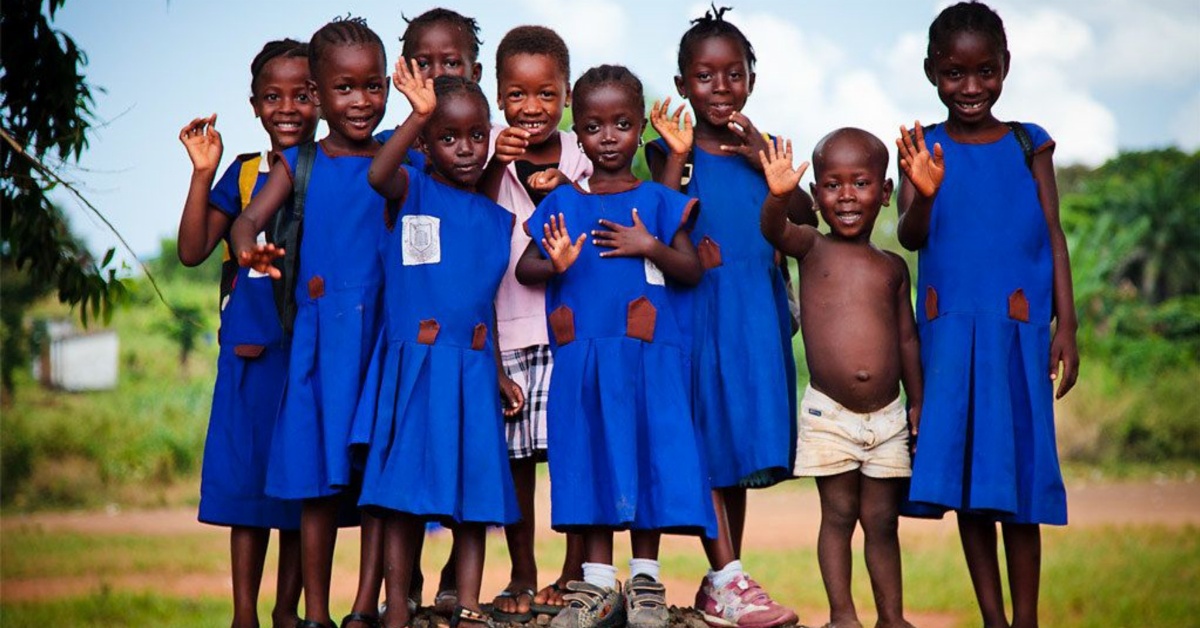Recent research released by the Sierra Leone Ministry of Finance has shown an increased rate in Net Enrolment Rates (NERs) for primary school pupils in the past 15 years.
The Ministry’s Benefit Incidence Analysis (BIA) of the Education Sector in Sierra Leone found out that the West African nation has seen an increased in primary school enrolment with the highest rate coming from poorer families.
Although the BIA segments poorer and richer families into five groups or quintiles, the research nevertheless found out that the majority of enrolment is from poorer families.
The Ministry said that two quintiles recorded a net enrolment of between 11 and 20 percent respectively.
“There was an increase in NERs in public schools for the first two quintiles by 11 and 20 percent, respectively,” the Ministry said.
Although the result from the study provides a positive light for primary education, the Ministry said Sierra Leone is yet to achieve quality education as 100 percent enrolment in primary schools is still unachievable.
“This result indicates that attaining universal access to quality education in Sierra Leone remains a work in progress, as total NERs are still far below 100 percent for the primary level,” the Finance Ministry said.
The BIA also found out that the majority of public-school enrolment is from poorer families as the country records increased number of enrolments in private schools from poorer families.
Sierra Leone has one of the highest illiteracy rates in the world with less than 50 percent of the population classed as illiterate.
In 2019, the Government allocated over 20 percent of budget to education in a move geared towards developing the country’s human capital which ranked among the top ten lowest in the world.
The Government implemented a free education scheme for both public primary and secondary schools in the country. The project is reported to have seen an increased in the number enrolment over the years.
Critics, however, are saying that proper supervising and provision of learning materials still lacking.











